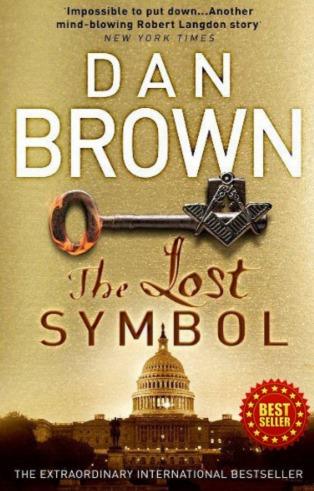Gangguan spektrum autisme adalah gangguan perkembangan saraf kompleks yang ditandai dengan gangguan sosial interaksi dan komunikasi, serta pembatasan atau pola perilaku dan minat yang berulang (American Psychiatric Association, 2013). Anak-anak dengan gangguan spektrum autisme memiliki peningkatan kesulitan emosional seperti peningkatan reaktivitas emosional dan penurunan kemampuan regulasi emosi (Samson et al., 2012). Secara umum tidak semua anak dengan gangguan spektrum autisme mengalami kesulitan emosional (Nuske et al., 2013). Faktor seperti orang tua interaksi dengan anak-anak mereka memainkan peran yang menentukan pada kemampuan anak gangguan spektrum autisme untuk mengatur emosinya (Hirschler-Guttenberg et al., 2015) dan tentang perilaku internalisasi dan eksternalisasi anak-anak dengan gangguan spektrum autism (Bauminger et al., 2010). Selain itu, ketidakmampuan anak untuk mengenali, meng-gambarkan, dan membedakan emosi sendiri serta emosi orang lain (Sifneos, 1973), yaitu, alexithymia, dapat menurunkan seberapa banyak orang tua berinteraksi dengan anak-anak mereka dan kemudian meningkatkan kesulitan emosional anak. Autisme adalah gangguan perkembangan yang secara signifikan mengganggu komunikasi linguistik dan nonverbal dan interaksi sosial, mengganggu keberhasilan belajar. Fitur lain yang terkait dengan autisme adalah aktivitas berulang dan gerakan stereotip, penolakan terhadap perubahan lingkungan, dan respons yang tidak memadai terhadap pengalaman sensorik (Kurniawati & Madechan, 2013). Autisme juga dapat diartikan sebagai gangguan perkembangan komunikasi, keterampilan kognitif, perilaku, keterampilan sosialisasi, keterampilan sensorik, dan belajar. Beberapa anak autis menunjukkan sikap antisosial, masalah perilaku, dan gangguan motorik yang parah (sering berlari tanpa tujuan) (Estri & Sopandi, 2013).
Gangguan spektrum autisme adalah gangguan perkembangan saraf kompleks yang ditandai dengan gangguan sosial interaksi dan komunikasi, serta pembatasan atau pola perilaku dan minat yang berulang (American Psychiatric Association, 2013).









